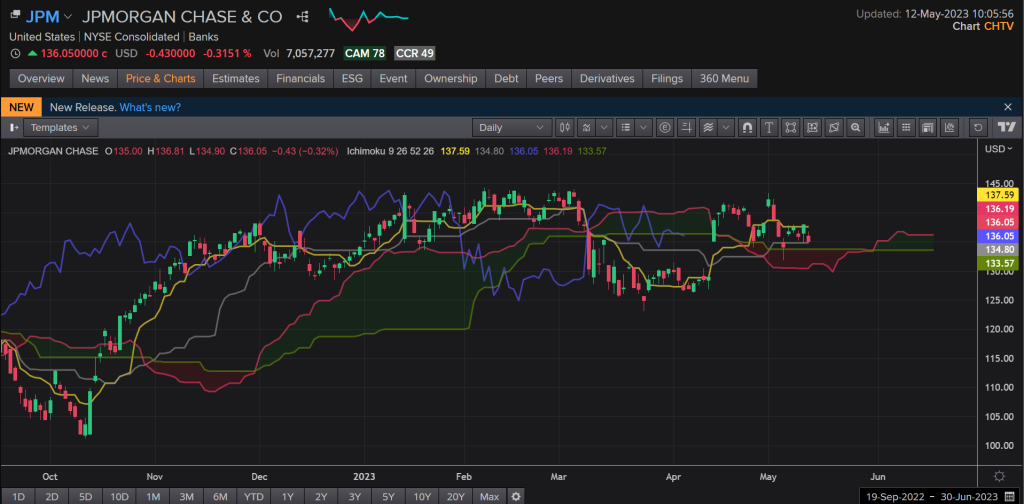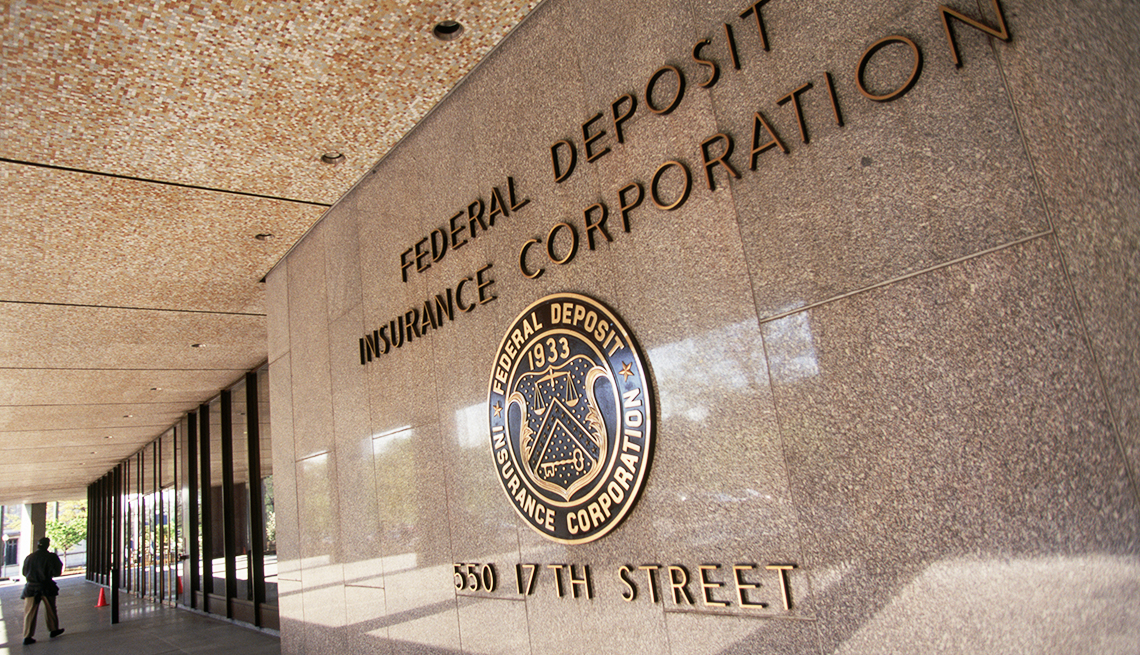In a recent development, the Federal Deposit Insurance Corporation (FDIC) has announced its plans to discuss the implementation of special assessment fees on large banks. This proposal, if approved, could have far-reaching consequences for the US market. In this opinion article, we will explore the potential impact of these fees on the financial sector, investor sentiment, and overall market stability.
The Significance of FDIC Special Assessment Fees
The FDIC’s mandate is to maintain public confidence and stability in the nation’s banking system. To fulfill this responsibility, the FDIC provides deposit insurance, which guarantees the safety of deposits held by member banks. The proposed special assessment fees aim to bolster the Deposit Insurance Fund (DIF) and ensure its adequacy to protect depositors’ funds.
Impact on Large Banks
Large banks, which would bear the brunt of these fees, are likely to experience immediate financial strain. These institutions will have to allocate a significant portion of their earnings towards these assessments, reducing profitability and potentially hampering their ability to invest in other areas. As a result, we might witness a slowdown in lending and other banking activities, impacting economic growth and business expansion.

Examining the stock chart of JPMorgan Chase & Co. over the past six months reveals a notable trend in relation to the recent announcement of the FDIC’s proposed special assessment fees. Prior to the announcement, the stock displayed a relatively stable upward trajectory, reflecting positive investor sentiment and market confidence. However, following the news, a decline in the stock’s performance can be observed, suggesting that investors are responding to the potential impact of the fees on the bank’s profitability. This correlation between the stock’s movement and the proposed fees serves as an indication of the market’s reaction to the news and the concerns surrounding the future prospects of large banks in light of these potential financial burdens.
Market Repercussions
The announcement of FDIC special assessment fees could trigger market volatility and investor apprehension. Investors may worry about the potential negative impact on bank stocks, leading to sell-offs and price declines. Moreover, the fees could deter new investors from entering the market or allocating further funds to the banking sector. Such cautious investor sentiment may cast a shadow over the broader equity market, causing temporary fluctuations and potential declines.
Small Banks’ Competitive Advantage
While large banks bear the immediate burden, smaller banks could perceive a competitive advantage emerging from this proposal. With smaller capital requirements, they may face comparatively lower assessment fees. This situation could incentivize businesses and individuals to consider smaller banks for their banking needs, potentially leading to a redistribution of market share within the banking industry.
Broader Economic Implications
The proposed fees have the potential to impact lending activity, business investment, and consumer spending. If large banks reduce lending due to financial constraints, businesses may face difficulty accessing capital for expansion, which could hamper economic growth. Similarly, consumers relying on loans for various purposes, such as mortgages and car financing, might experience tighter lending conditions. The overall result could be a slowdown in economic activity, affecting multiple sectors and potentially dampening consumer confidence.
Charting a Course Ahead: Balancing Stability and Growth in a Shifting Banking Landscape
The FDIC’s proposal to introduce special assessment fees on large banks has the potential to disrupt the US market. While regulators intend for these fees to strengthen the Deposit Insurance Fund and protect depositors, their implementation could immediately pose challenges for the banking sector and trigger fluctuations in the broader market. It is crucial for regulators and industry stakeholders to carefully evaluate the potential consequences and strike a balance between maintaining financial stability and fostering a conducive environment for economic growth.
Disclaimer: This article is purely an opinion piece and should not be considered financial advice. Readers are encouraged to conduct their own research and consult with financial professionals before making any investment decisions.









